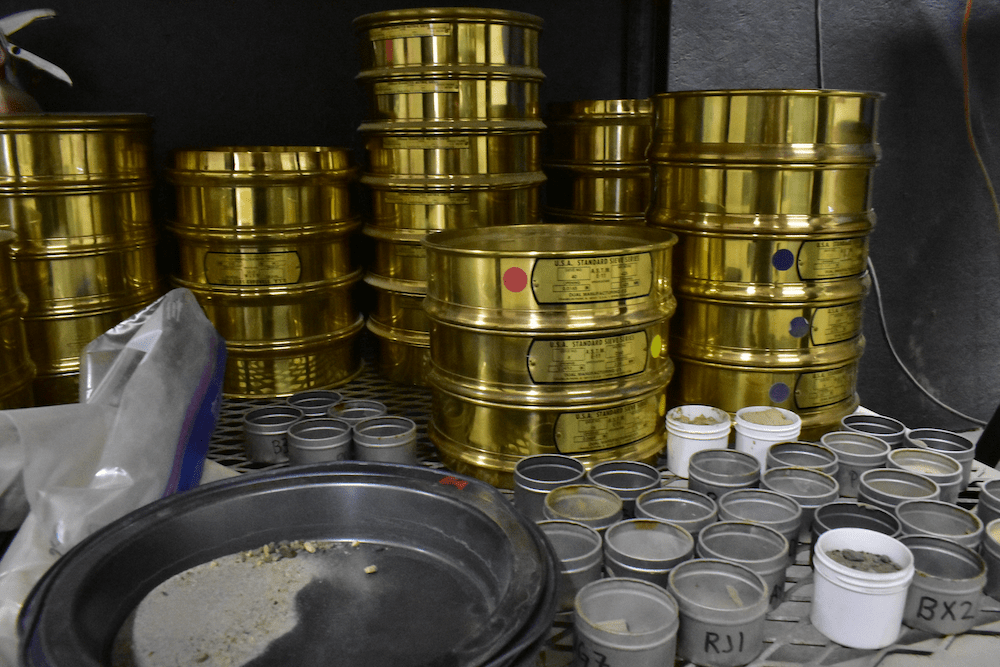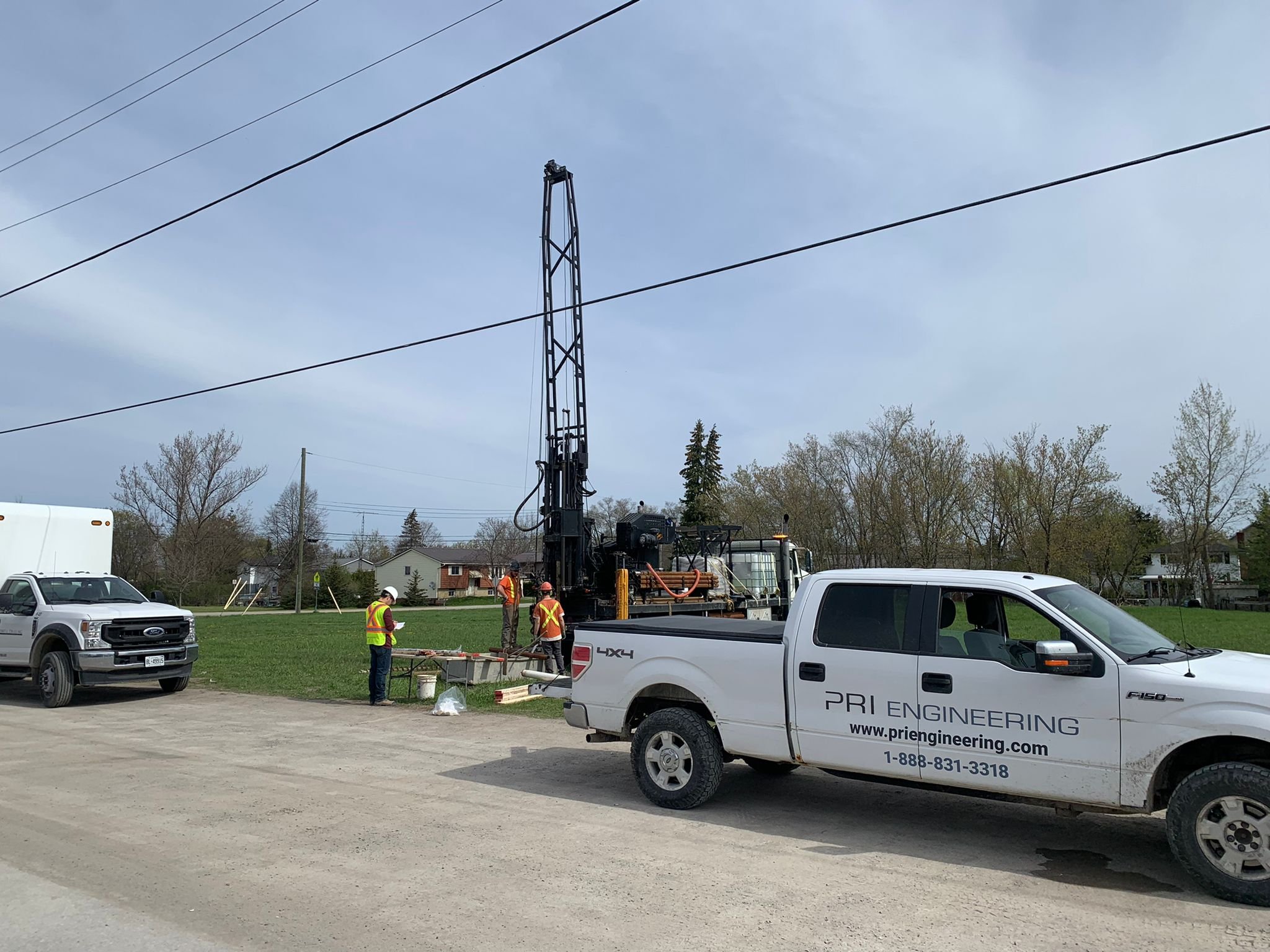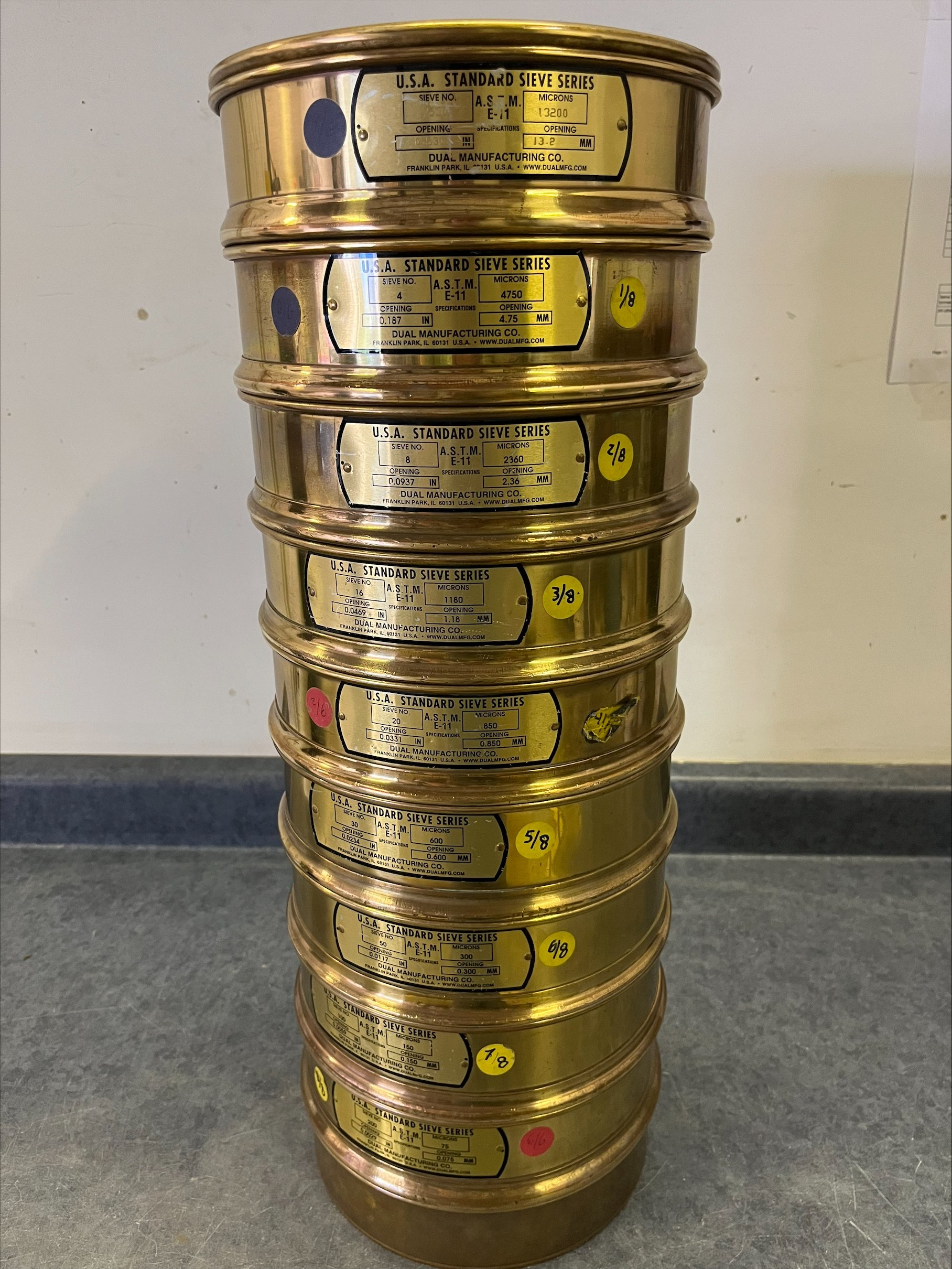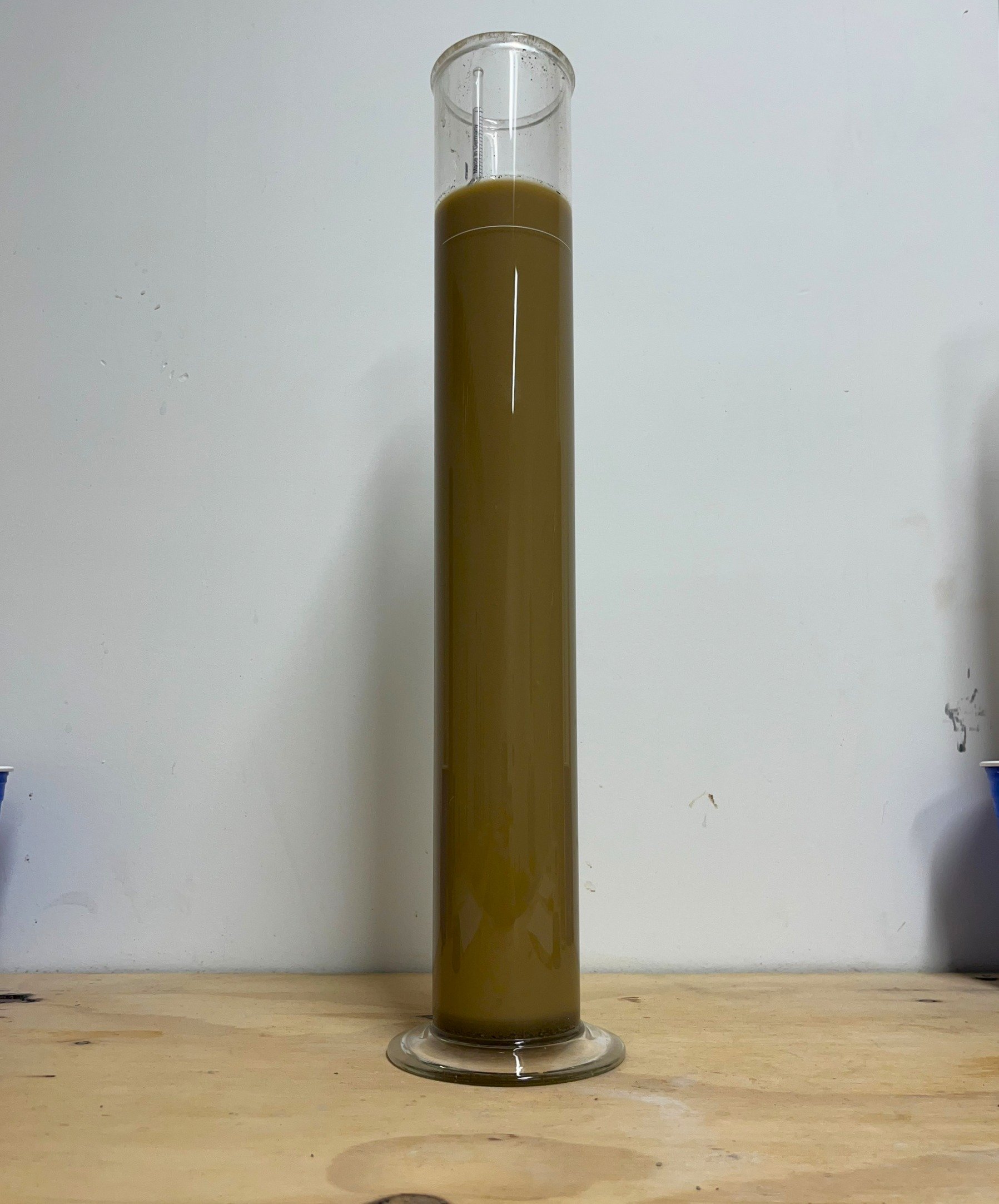
MATERIALS TESTING AND CONSTRUCTION QUALITY CONTROL
OVERVIEW
Materials testing and construction quality control are critical components of any construction project that prevent construction defects, ensure material properties, reduce maintenance costs, and enhance the safety and longevity of buildings and infrastructure.
PRI Engineering has the experienced engineers and consultants to ensure that materials are of sufficient quality and that construction work meets established standards. With in-house laboratories in Ontario and Alberta, we have quicker turnaround times to deliver results when you need them.
Asphalt testing: air voids, asphalt content, and percent MRD
Aggregate testing: Dry density, wet density, moisture content, percent SPMDD
Concrete testing: slump, air, temperature and casting specimens for further laboratory testing
Construction quality control: regular inspections and testing during construction, implementing quality management systems and quality assurance programs.
RELATED CIVIL GEOTECHNICAL SERVICES
SLOPE STABILITY ANALYSIS
Our team of engineers has experience designing foundations for all types of structures.
GEOTECHNICAL INVESTIGATIONS
PRI offers all types of geotechnical investigations for all types of projects.
ASPHALT AND CONCRETE PAVEMENT DESIGN
Our asphalt and concrete pavement design is supported by experienced engineers and by certified laboratories in Ontario and Alberta to provide faster analysis.
SHALLOW AND DEEP FOUNDATION DESIGN
Our team of engineers has experience designing foundations for all types of structures.
EXCESS SOIL MANAGEMENT
The team at PRI Engineering understands the regulations to help reduce your overall construction costs and mitigate potential environmental risk at the disposal level.





